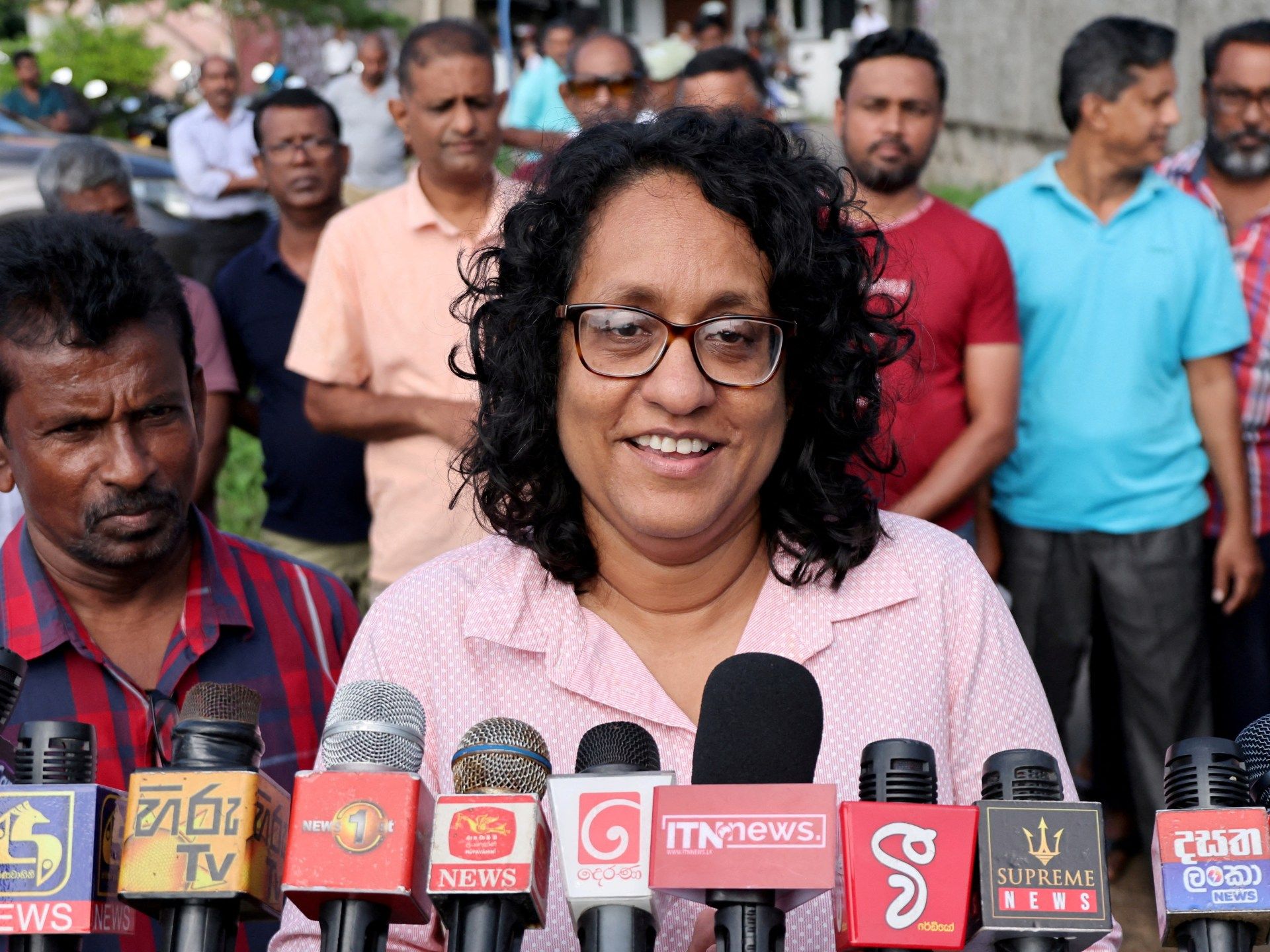Sri Lanka's President Unveils 21-Member Cabinet Ahead of Constitutional Reforms

Colombo, Sri Lanka - Sri Lanka's Marxist-leaning President Anura Kumara Dissanayake has picked a 21-member cabinet as he plans sweeping reforms, including a campaign promise of creating a new constitution.
President Dissanayake reappointed educationist Harini Amarasuriya as the country's prime minister after sweeping the snap parliamentary elections last week. The elections saw the National People's Power (NPP) coalition, led by President Dissanayake, win a landslide majority in Thursday's vote, securing 159 seats in the 225-member house.
The new cabinet, which was sworn into office at the Presidential Secretariat in Colombo on Monday, retains key defence and finance portfolios. The swearing-in ceremony was telecast live, with President Dissanayake assuring that the "huge power" given to his administration would be exercised with responsibility.
Under a two-thirds majority, Mr. Dissanayake can now amend the constitution. The NPP had promised a referendum on a new constitution. As the country recovers from its worst economic crisis, which triggered a sovereign default and caused its economy to shrink by 7.3 percent in 2022 and 2.3 percent last year, Mr. Dissanayake aims to tackle corruption.
The cabinet lineup includes notable appointments such as veteran legislator Vijitha Herath as the foreign minister, Ananda Wijepala as the new public security and parliamentary affairs minister, and Bimal Rathnayake as transport, highways, ports, and civil aviation minister. Educationist Harini Amarasuriya will also head the ministries of education, higher education, and vocational training.
The IMF delegation is expected to return to Sri Lanka for talks with the new government on Wednesday as part of its week-long visit. The country has been undergoing a financial programme under the IMF's watchful eye over the past few months.
Sri Lanka's economic crisis led to widespread shortages, protests, and a severe impact on the nation's economy, which was forced into a sovereign default last year. This government marks a significant change for President Dissanayake and his NPP coalition, who are eager to shake off decades of family control in Sri Lankan politics.
"We must ensure that this absolute power does not corrupt us absolutely," said Mr. Dissanayake at the swearing-in ceremony. "This huge power that has been given to us must be exercised with responsibility to fulfil the aspirations of the people who had been oppressed economically and politically for too long."
